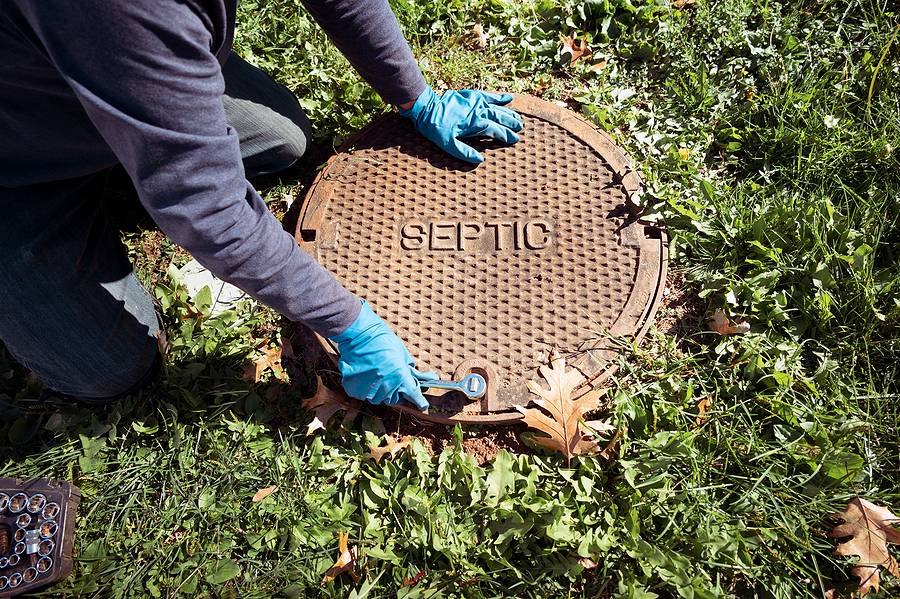
12
Your septic tank is a vital part of your home's wastewater disposal system. Proper maintenance, which includes septic tank pumping, repair, and installation, is essential to ensure that it functions efficiently. However, before you can tackle any of these tasks, you need to know where your septic tank is located. We will provide you with valuable tips and techniques to help you find your septic tank with ease.
Before diving into the search for your septic tank, it's crucial to have a basic understanding of how the septic system works. A septic system is designed to treat and dispose of household wastewater by separating solid waste from liquids. The solid waste settles at the bottom of the septic tank, while the liquid effluent is gradually released into the drain field, where it is naturally filtered.
One of the first places to start your search is with your home's records. Contact your local health department or your septic company for any available documentation about your septic system. Previous maintenance or septic tank installation records may contain information about the location of the septic tank, making it easier to pinpoint.
While your septic tank is typically buried underground, there might be some visible signs that can lead you in the right direction. Keep an eye out for any areas of your yard that have lush, green grass, especially during dry spells. This could indicate the presence of a septic tank, as the effluent acts as a natural fertilizer. Additionally, look for manhole covers or inspection ports that are often located above the septic tank.
Your home's sewer line connects directly to the septic tank. Begin your search by tracing the sewer pipe from your house. The pipe typically exits your home's foundation and heads towards the septic tank. You might need to dig a small trench to expose the pipe's path, but exercise caution, and consult your local utility company to locate any underground utility lines.
If you haven't had any luck so far, consider using a septic tank probe, which is a long, slender rod designed to penetrate the soil. Start probing the ground around the area where you suspect the septic tank is located. When you hit a hard surface, it may be the top of the septic tank or the distribution box. Remember to be cautious while probing and avoid causing any damage.
If all else fails, or if you are uncomfortable with the idea of searching for your septic tank on your own, it's a wise decision to hire a professional septic company. These experts have the necessary equipment, like ground-penetrating radar, to quickly and accurately locate your septic tank. They can also assess the tank's condition, recommend septic tank repair or pumping if needed, and assist with septic tank installation.
Knowing the location of your septic tank is crucial for proper septic system maintenance. Whether you're planning a pumping, septic tank repair, or installation, understanding where your septic tank is buried will save you time, effort, and potentially costly mistakes. Start by going through the list we made for you, and, if necessary, enlist the help of a professional from Charlotte Septic Pros. By taking these steps, you'll ensure your septic system continues to function efficiently and serves your home for years to come.
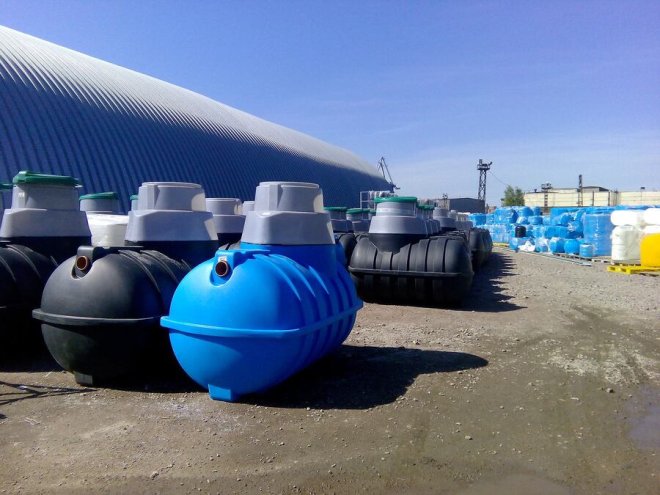
28
How to Prepare for Septic System Installation Installing a septic system is a major investment for any property that lacks…
Read more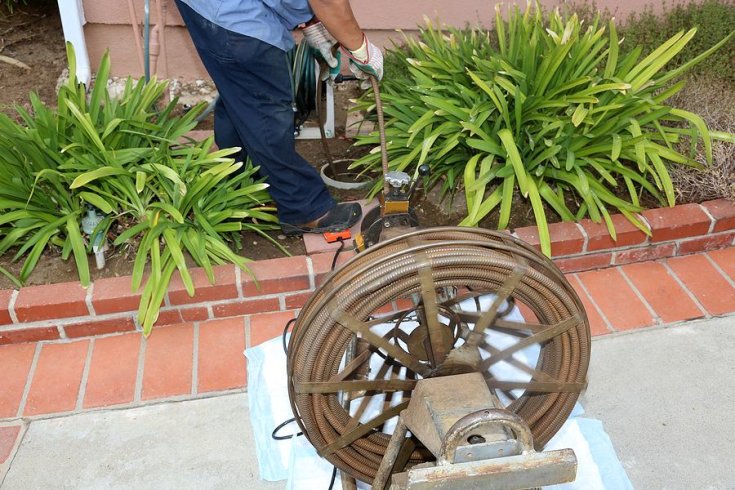
20
How Main Drain Cleaning Can Prevent Sewer Backups Sewer backups are one of the most unpleasant plumbing emergencies homeowners can…
Read more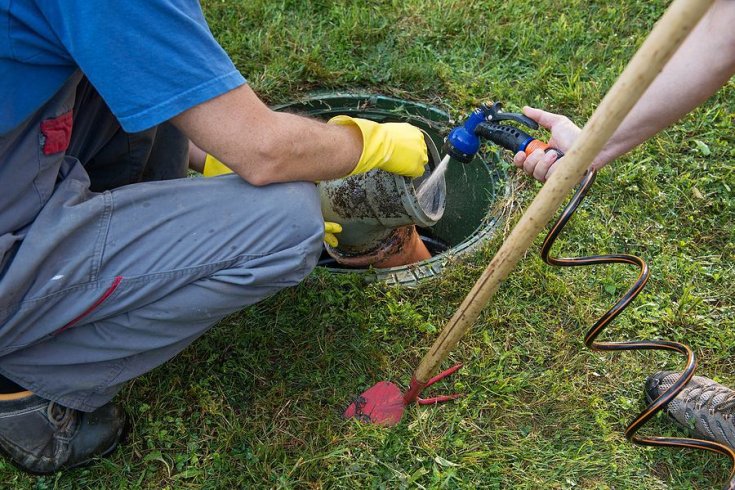
13
What to Do When You Have Drainage Problems Drainage problems can be frustrating and cause serious damage if left untreated.…
Read more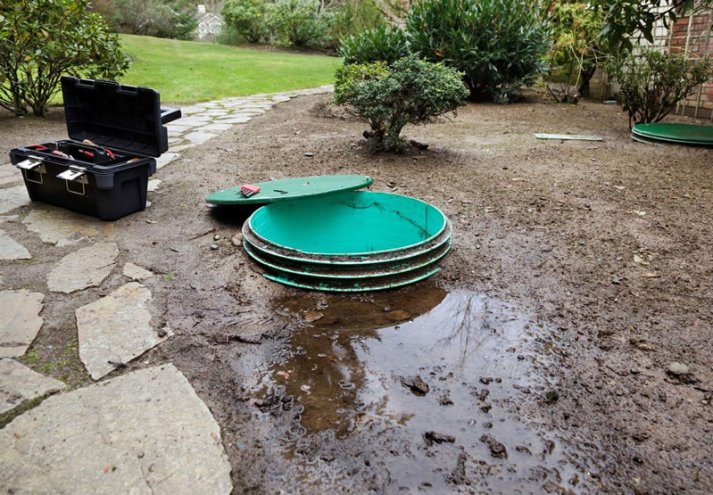
04
Signs and Causes of Septic Leaks A leaking septic system can pose serious health and environmental risks. If left untreated,…
Read more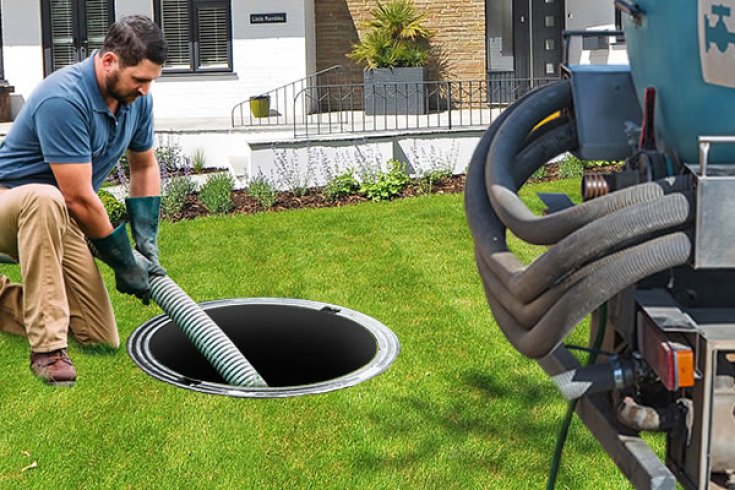
02
Unusual Septic Tank Blockages: Keeping Your Septic System Healthy A properly functioning septic system is crucial for any home or…
Read more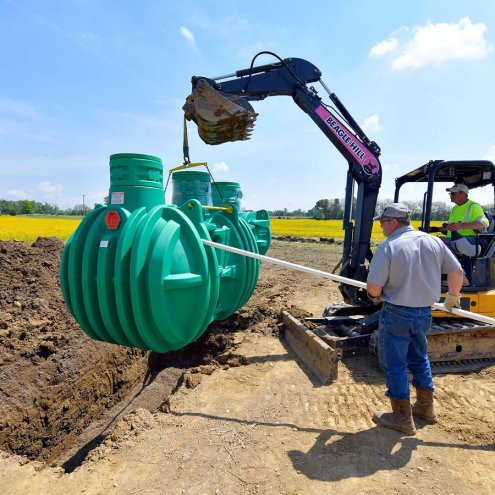
23
Seasonal Weather and Septic Systems Tank Your septic system plays a vital role in managing household wastewater, but seasonal weather…
Read more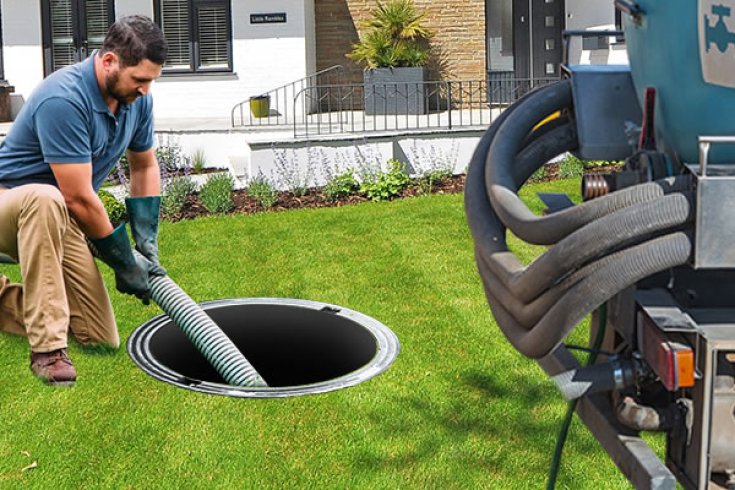
15
Why Toilet Paper Matters to Your Septic Tank Many homeowners don’t give much thought to their toilet paper—until it starts…
Read more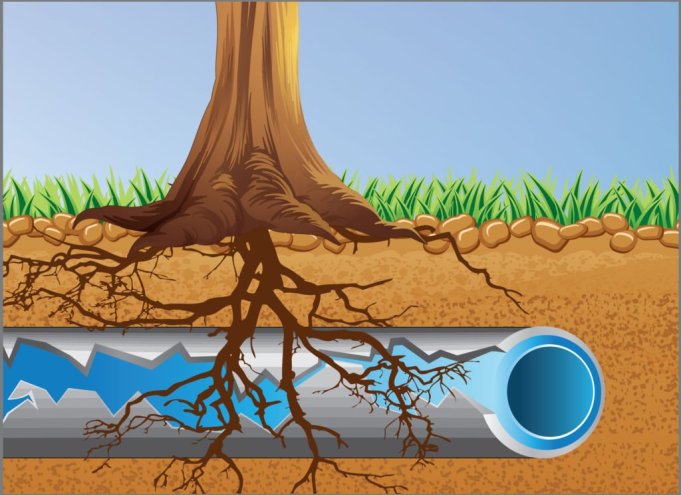
21
Tree Root Infiltration of Septic Systems We love the trees in our yards and in our environment. Just by looking…
Read more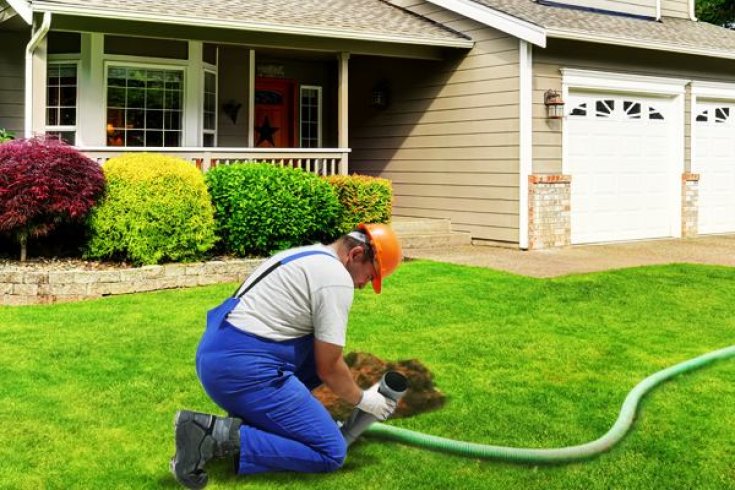
12
Preparing Your Pipes & Drains for the Winter With winter on the horizon, homeowners need to implement specific measures to…
Read more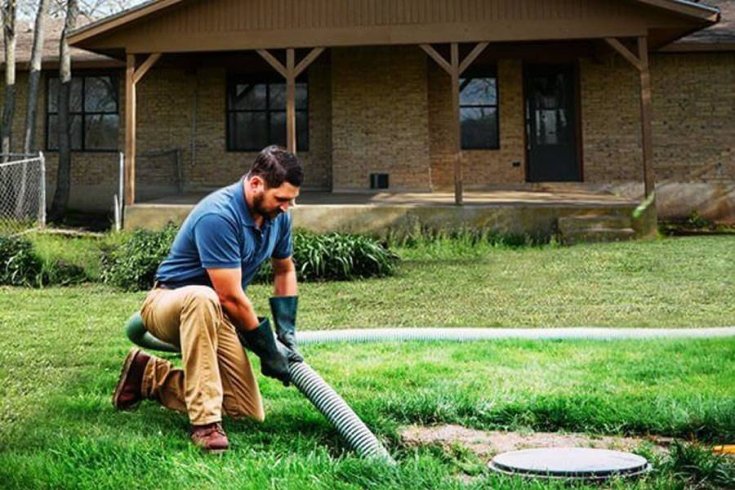
05
Buying a New Home? Invest in a Septic System Inspection When purchasing a new home, many buyers focus on visible…
Read more